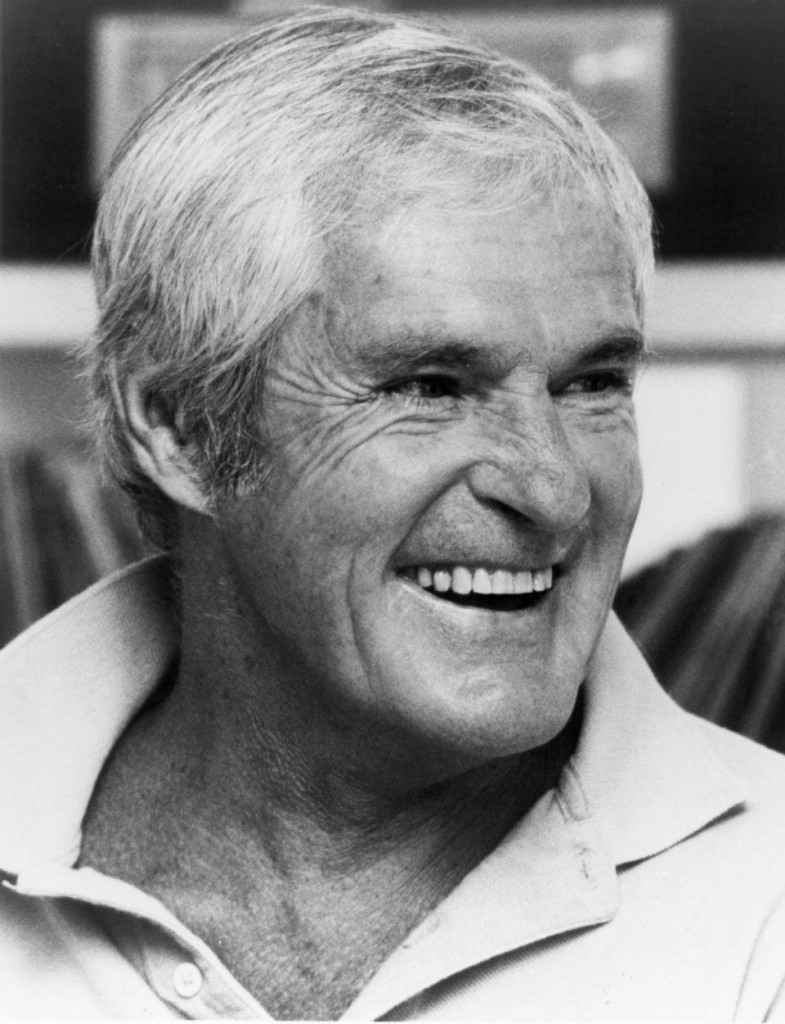Over the last four months, I have been researching Aaron’s life in ever more detail for my movie, “From DeadDrop to SecureDrop.” I keep noticing similarities between his life and that of Timothy Leary’s.
I must admit, I dismissed them at first. As Timothy Leary’s Digital Librarian, and co-author of the Timothy Leary Archives Blog (with Tim’s longtime archivist, Michael Horowitz), I told myself I could hardly be objective about it. They were novelties. Anomalies.
But as the months went on, the similarities became undeniable.
Dr. Timothy Leary and Aaron Swartz had a lot in common.
To paraphrase Timothy, both he and Aaron “thought for themselves, and questioned authority.”
They were both philosophers who were persecuted under highly questionable circumstances for their political beliefs, and acts, by the U.S. Government that wanted to make examples of them. Though the government never came out and admitted it with Tim, the judge that first sent him to prison as much as said so. In Aaron’s case, the prosecutor actually told Aaron’s father that he wanted to make an example out of Aaron. (We learn this in “The Internet’s Own Boy.”)
Aaron wrote extensively about everything on his blog, where he asked thoughtful questions about meaningful issues, and worked hard every day to make the world a better place.
Tim believed that encouraging more people to properly experiment with mind-altering plants and drugs would bring them more in touch with themselves, and empower them to create a better world.
Tim was sent to prison for possession of two half-smoked marijuana joints, and denied bail on the basis of opinions expressed in two published articles where Tim had spoken out publicly and written about the controversial issue of taking mind-expanding drugs.
“Bail was denied by a Reagan-appointed judge in Orange County, one of the most rightwing in California. The judge held up the publications in the courtroom and during his ruling called Leary “a pleasure-seeking, irresponsible Madison-Avenue advocate of the free use of LSD and marijuana.”
Aaron was being prosecuted for writing a script to download academic journal articles at a faster pace and then plugging his laptop into an open computer closet on the MIT campus.
Aaron had a ruthless prosecutor, who refused to drop the charges against him, largely because of his philosophy regarding the moral imperative of sharing knowledge, as stated in the “Guerrilla Open Access Manifesto.”
In fact, the Guerrilla Open Access Manifesto is not all that radical of document, to those of us who feel that access to information is a basic human right.
To quote Jacob Applebaum, from this year’s Aaron Swartz Day (video, transcript, all videos/transcripts):
When we learned more details about the US prosecutors, we learned that they considered Aaron a dangerous radical for unspecified reasons. One of the primary reasons is probably the Guerilla Open Access Manifesto. This is a good document, and as many others I respect it and I admire it. The Guerilla Open Access Manifesto is not as radical as the US prosecutors might consider it. But their fear is telling, so let us say it out loud: we should honor it and we should extend it.
As I write this post, I realize there are probably many more similarities between them. Certainly more than I first realized. As I keep putting the pieces together, I will continue to share them with you.
At this time in my life, all posts have a link to my Kickstarter campaign – only 11 days left! Thanks!

